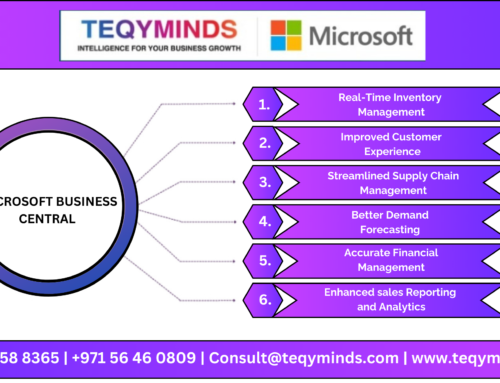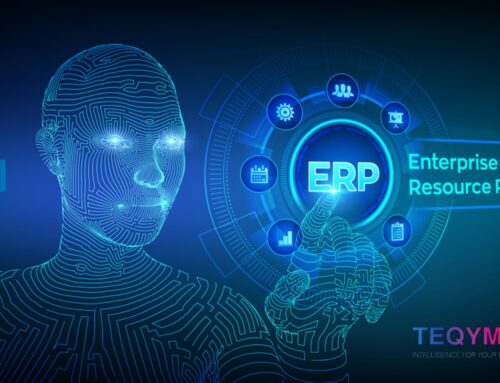Dynamics 365 Business Central is a cloud-based enterprise resource planning (ERP) solution developed by Microsoft. It was formerly known as Microsoft Dynamics NAV (NAVISION). It integrates with other Microsoft products, such as Office 365, Power BI, and Power Apps, making it easy to use and maintain. Business Central is designed to support small and medium-sized businesses and has a user-friendly interface.
Odoo is an open-source ERP solution that is designed for small and medium-sized businesses. It offers a range of modules that cover everything from accounting to project management. The platform is highly customizable and can be tailored to meet your specific business needs.
| Business Central | Odoo | |
| User Interface | Very user-friendly Interface & easy to navigate (Like MS Outlook & Excel) | Very complex & difficult to learn to use |
| Integrations | Seamless integrates with popular Microsoft products such as Microsoft 365 Power Apps, LinkedIn (Sales Navigator) | Can integrate with other products but requires more support & extra work |
| Reporting | A great set of reporting capabilities that can easily be integrated with Power BI, Jet Analytics, etc. to produce trueful powerful reports | Basic reporting capabilities with many options available but nowhere near as comprehensive as Business Central |
| Pricing | A subscription-based model based on the number of users & modules used | Free to use but no specific costs associated with ongoing customizations or integrations |
| Security | Industry-leading security with safe storage space in Microsoft Azure | May require additional industry security measures to be met |
| Auto Updates & upgrades | Yes, Automatic from MS (SAAS)
On-Premises (Partner) |
No, Through (Partner)
On-Premises (Partner) |
| Partners | Worldwide MS Partner Network | Limited Partner Network |
| Taxation | Covered Out-of-Box Taxation Functionality | Limited Functionality |
| Support | Microsoft provides comprehensive support directly & through its partners such as Advantage | Largely community-driven support and limited partner support |
| Ideal For | Small to medium-sized businesses looking for a user-friendly and integrated solution | Small to medium-sized businesses looking for a user-friendly and integrated solution |
Business Central vs Odoo: Key Differences
Customization: While both Business Central and Odoo offer a range of modules, Odoo is more flexible and customizable. This is because it is open source, which means that developers can modify the code to meet their specific needs. On the other hand, Business Central is a closed-source platform and is limited in terms of customization.
Pricing: When it comes to pricing, Odoo has a clear advantage. It is open-source and therefore, free to use. While there are some costs associated with customizing and integrating the platform, these costs are typically much lower than those associated with Business Central. Business Central, on the other hand, is a cloud-based solution and is priced based on the number of users and the modules you require.
User interface: Business Central has a user-friendly interface that is easy to navigate. This makes it a good choice for businesses that are new to ERP solutions and want something that is simple to use. Odoo, on the other hand, has a more complex interface and may take some time to get used to.
Integrations: Both Business Central and Odoo offer a range of integrations, but Business Central has the advantage of integrating with other Microsoft products, such as Office 365 and Power Apps. This makes it easier to integrate the platform with other tools you are already using.
Reporting: Both Business Central and Odoo offer robust reporting capabilities. Business Central integrates with Power BI, making it easy to create custom reports. Odoo, on the other hand, offers a range of reporting tools that can be customized to meet your specific needs.






Leave A Comment